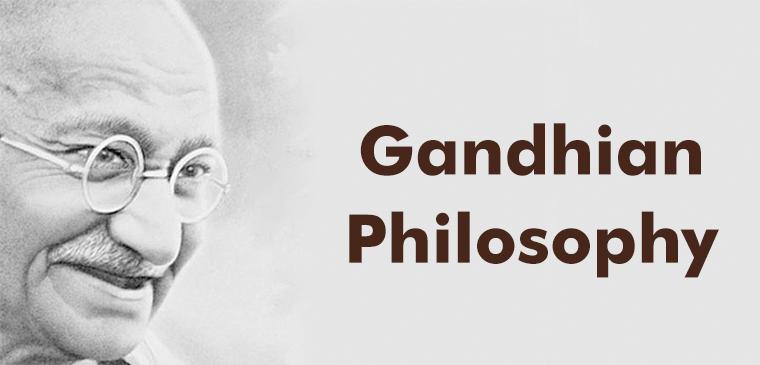The Gandhian principles are a set of ethical and moral values that were developed by Mahatma Gandhi, the leader of India’s independence movement. These principles are based on the belief in non-violence, truth, simplicity, and self-sacrifice. They have been influential in many countries around the world, and continue to be relevant today.
Here are some of the most important Gandhian principles:
- Non-violence (ahimsa): Gandhi believed that violence is never the answer, and that it is always possible to achieve a just outcome through peaceful means. He practiced non-violence in his own life, and encouraged others to do the same.
- Truth (satya): Gandhi believed that truth is the foundation of all morality and ethics. He said that we should always strive to speak the truth, even when it is difficult.
- Simplicity (swadeshi): Gandhi believed that we should live simply and avoid unnecessary luxuries. He said that this would help us to be more content and less materialistic.
- Self-sacrifice (tyaga): Gandhi believed that we should be willing to sacrifice our own needs and desires for the greater good. He said that this is the highest form of love.
- Equality (samata): Gandhi believed that all people are equal, regardless of their race, religion, or social status. He fought against discrimination and injustice, and promoted the rights of all people.
- Decentralization (swaraj): Gandhi believed that power should be devolved to the local level, and that people should be self-sufficient. He opposed centralized government and large-scale industries.
- Bread labor (bread labor): Gandhi believed that everyone should work, regardless of their social status. He said that this would help to create a more just and equitable society.
- Trusteeship (trusteeship): Gandhi believed that the rich should hold their wealth in trust for the benefit of the poor. He said that this would help to reduce inequality and poverty.
- Cooperation (sarvodaya): Gandhi believed that people should cooperate with each other for the common good. He said that this is the only way to build a peaceful and just society.
These are just some of the Gandhian principles. They are all interconnected, and together they form a powerful ethical framework for living. Gandhi’s principles are still relevant today, and they can help us to create a more just and peaceful world.
In addition to these principles, Gandhi also emphasized the importance of education, economic development, and social reform. He believed that these were essential for creating a truly free and just society.
Gandhi’s ideas have had a profound impact on the world. They have inspired movements for social justice and non-violence around the globe. His legacy continues to inspire people today, and his principles offer a roadmap for creating a better world.




